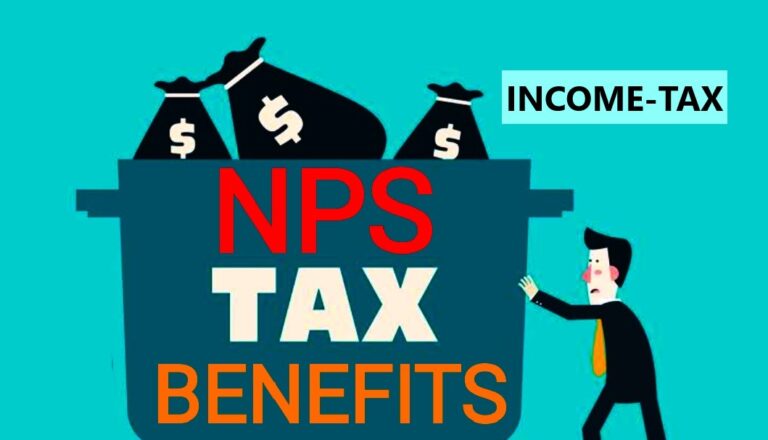Tax Benefits of national Pension Scheme (NPS) Tier-1 & Tier-2 under Income Tax Act
The National Pension Scheme (NPS) is a pivotal social security initiative introduced by the Central Government, catering to employees across various sectors, excluding the armed forces. This pension program aims to instil a culture of regular investment in a pension account throughout one’s career. Upon retirement, subscribers can withdraw a portion of their corpus, with the remainder providing a monthly pension.
Initially exclusive to Central Government employees, the NPS scheme has now been extended to all Indian citizens on a voluntary basis. Particularly valuable for private sector employees seeking a stable pension post-retirement, the National Pension scheme boasts portability across jobs and locations, coupled with significant tax benefits under Sections 80C and 80CCD of the Income Tax Act.
NPS operates under the oversight of the Pension Fund Regulatory and Development Authority (PFRDA), emphasizing retirement planning and tax savings. Citizens aged between 18 and 60 years can participate in National Pension Scheme, with two distinct account types: Tier I and Tier II. While Tier I serves retirement planning purposes, Tier II functions as a voluntary savings account with more flexible withdrawal options.
For those delving into NPS tax benefits, Section 80CCD(1) of the Income Tax Act provides tax exemption of up to Rs. 1.5 lakh. Additionally, if a company offers NPS, employer contributions are eligible for a tax rebate of up to 10% of the salary (basic plus DA) under Section 80CCD(2).
Salaried individuals who have exhausted the Rs. 1.5 lakh exemption limit under Section 80C can leverage NPS for further tax savings. Both salaried and self-employed NPS account holders investing up to Rs. 50,000 in a Tier-1 NPS qualify for an additional tax exemption under Section 80CCD(1B).
It’s essential to note that the deduction under Section 80CCD(1) is available to both salaried and non-salaried individuals, with varying limits. While salaried professionals can claim up to 10% of their salary, non-salaried individuals can avail up to 20% of their gross income.
Partial withdrawals from National Pension Scheme enjoy tax exemption, provided the withdrawn amount does not exceed 25% of self-contribution, subject to PFRDA guidelines. Furthermore, tax exemption is granted on annuity purchase or superannuation at 60 years under Section 80CCD(5), although subsequent annuity income falls under Section 80CCD(3) taxation.
Lastly, employers can claim tax deductions on contributions to employees’ NPS accounts, up to 10% of the employee’s salary, treated as a ‘Business Cost’ under section 36(1)(iv)(a).
Understanding these tax benefits of National Pension Scheme empowers individuals to make informed decisions regarding retirement planning and tax optimization.
To Know the Returns & Forms Applicable to Individuals having Income from Business/Profession CLICK HERE
To Know about Tax Implications of ESOPs under Income Tax CLICK HERE
Also Read
Section 80D of Income Tax Act: Tax Benefits on Health Insurance & Health Care Expenses
